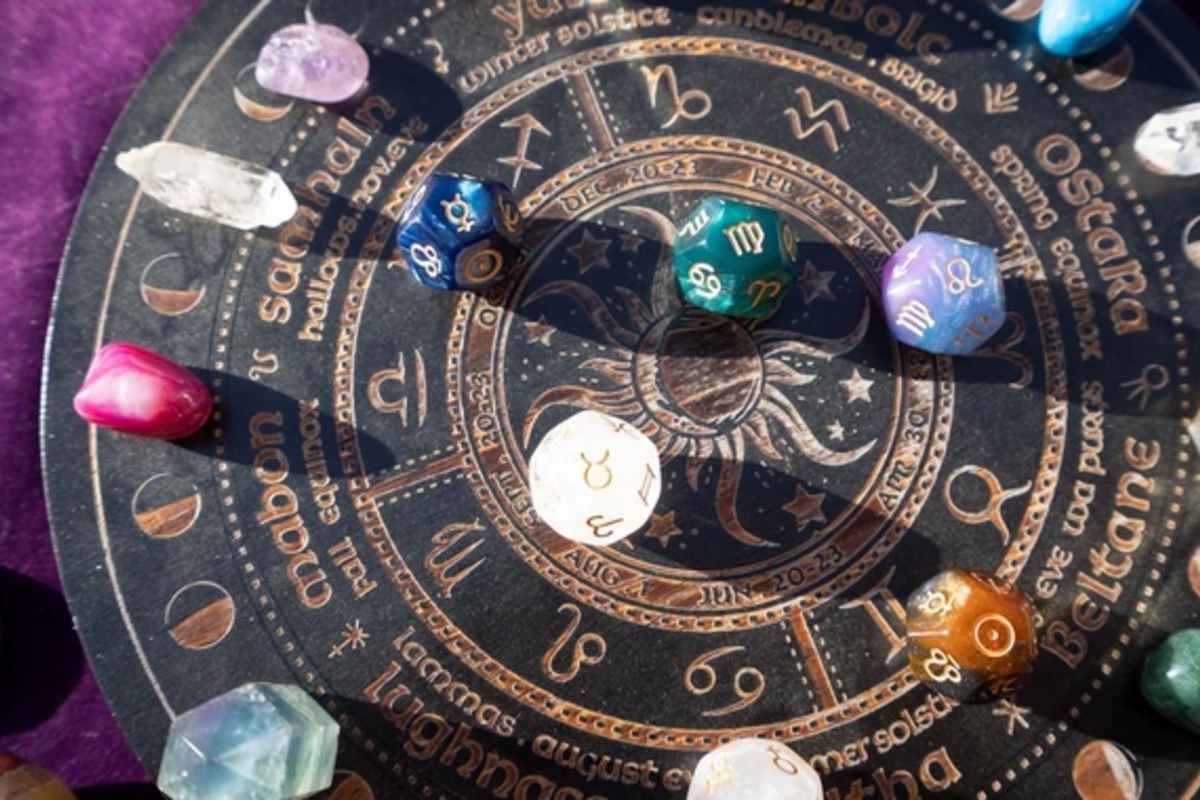05 Aug , 17:02
0

Astrology: why the ancient teaching conquers hearts in the era of scientific progress
Despite the rapid development of technology, accessibility of education, and abundance of scientific research, millions of people around the world continue to consult horoscopes, check the position of stars before making important decisions, and seek answers in celestial charts. What makes modern people believe in astrology?
The need for predictability
Our lives are filled with uncertainty. Every day we face choices, risks, and doubts. Astrology offers a sense of order and structure, creating the illusion that all events are subject to the logic of celestial bodies' movements. During periods of life upheavals, we especially want to believe that there is some higher power capable of guiding and suggesting the right path.
The illusion of personal connection
Horoscopes are masterfully composed in such a way that each reader feels they are personally addressed, even if the text is meant for millions. Universal phrases like "an important decision awaits you" are perceived as deeply personal messages. Our brain interprets such formulations as unique addresses, creating the impression that the Universe is speaking directly to us.
Confirmation bias
The human psyche is designed in such a way that we tend to notice and remember predictions that come true, ignoring all misses and discrepancies. If a horoscope "predicted" a significant event accurately even once, we begin to perceive it as a reliable source of information. This is a classic example of confirmation bias – the psychological tendency to seek and interpret information in favor of already formed beliefs.
Social and cultural factor
Astrology has firmly entered modern culture. Memes about Zodiac signs, regular horoscopes in popular publications, specialized applications, heated discussions on social networks – all this makes astrology an accessible and familiar part of everyday life. Gradually, it has transformed into a tool for self-knowledge and a means of communication, especially popular among the younger generation.
The search for meaning and identity
Throughout all times, people have sought to find explanations for their character, relationships, and life events. Astrology offers a simple and attractive coordinate system: "I'm stubborn because I'm a Scorpio" or "Our relationship didn't work out because of his Gemini zodiac sign." This approach helps to structure the complex world and explain complicated emotional processes.
Aesthetics and symbolism
Astrology possesses undeniable aesthetic appeal. Mysterious symbols, star charts, planetary cycles, and ancient archetypes create a romantic and mystical aura around it. Even skeptics who don't believe in literal predictions can be fascinated by astrology as a special form of art and philosophical system.
Astrology is not a science, but not just entertainment either. It fulfills an important psychological function: it provides comfort, structure, and a sense of connection to something greater. And as long as humans seek answers, the stars will likely continue to play the role of guides – even if only symbolic ones.